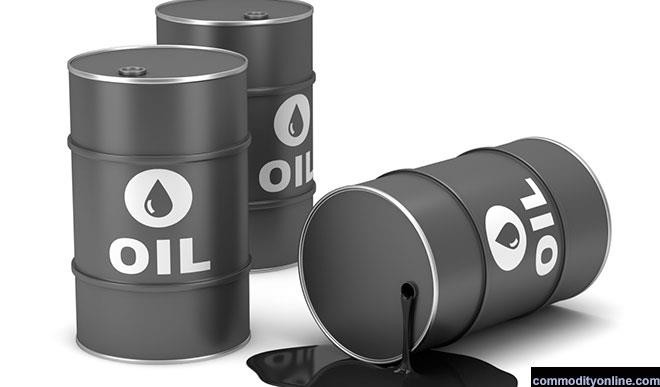
Nigeria’s crude oil revenue has continued to slump as the Organization of the Petroleum Exporting Countries’ newly released Monthly Oil Market Report for September revealed that the country’s crude oil output fell to 900, 000 barrels per day (b/d) last month.
According to the OPEC report, Nigeria’s crude oil production (according to data reported by direct sources) dropped from 1 million b/d recorded in July, to 900, 000b/d in August.
This is as the price of the country’s crude grade, Bonny Light, also dropped by 10 per cent within the space of one month (July-August). Bonny Light, which was sold for $117/b in July, dropped to $106/b in August.
However, the country’s revenue from crude oil rose significantly year-on-year, as Bonny Light price rose by 64 per cent between 2021 and August 2022.
According to the report, the price of Bonny Light as of 2021 was $67 per barrel. However, this increased to $110 per barrel in August 2022.
Bonny Light is a light-sweet crude oil grade produced in Nigeria. It is an important benchmark crude for all West African crude production, and usually $1+ higher than international crude grade, Brent.
Nigeria’s crude oil production has been witnessing significant drops for some years now, as the country last recorded a 1.4mb/d in 2020.
Production gradually crashed further to 1.3mb/d at the beginning of 2021,and further to 1.2mb/d in the first quarter of this year.
As at the second quarter of this year, output dropped to 1.1mb/d, to 1mb/d in July, and 900, 000b/d last month.
Further checks by The PUNCH revealed that the country’s rig count went from 16 recorded in 2019 to 10 in August 2022.
Professor of Economics and Public Policy at the University of Uyo, Akwa Ibom State, Akpan Ekpo, told The PUNCH during an interview that despite crude oil retaining 80 per cent of the total trade, Nigeria needed to diversify as oil revenue was no longer reliable.
“Oil prices are volatile, and we need to think of other ways to boost revenue,” he said.
This is the U.S oil rig count rose by four to 763 in the preceding week to Sept. 16, its highest since August, according to energy services firm Baker Hughes Co said.
Baker Hughes said that put the total rig count up to 251, or 49 per cent over this time last year.
OPEC has said demand for its crude in 2023 remained unchanged from the previous MOMR to stand at 29.8 mb/d, which is around 0.9 mb/d higher than in 2022.
Despite the continuous rise in demand for OPEC crude, Nigeria’s low output puts its earnings at risk, as the country has been unable to benefit fully from the rise in demand.
The Group Chief Executive Officer, the Nigerian National Petroleum Corporation Limited, Mele Kyari, had, in an interview late last month, blamed the country’s low crude oil outputs on theft resulting from pipeline vandalism in the Niger Delta.
According to him, 295 illegal connections had been located around the pipeline, which, according to him, led to the shutdown of production.
On his part, Lawyer advising NNPC Ltd on oil and gas projects and transactions and partner at Bloomfield Law Practice, Ayodele Oni, advised the Federal Government to provide solutions to the oil theft challenges bedeviling the country.





